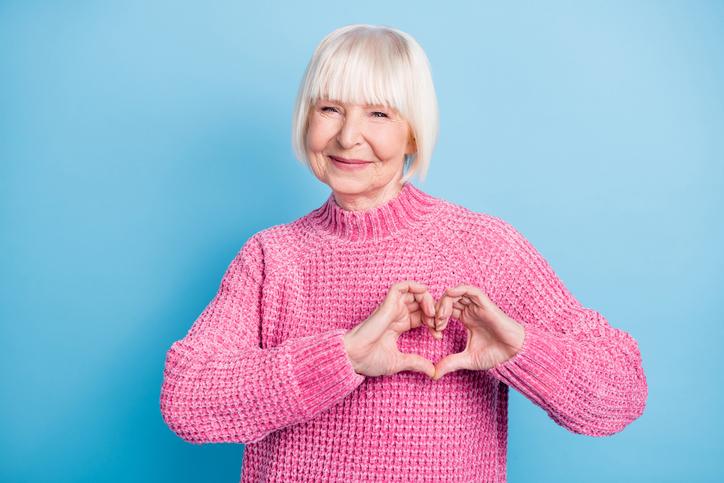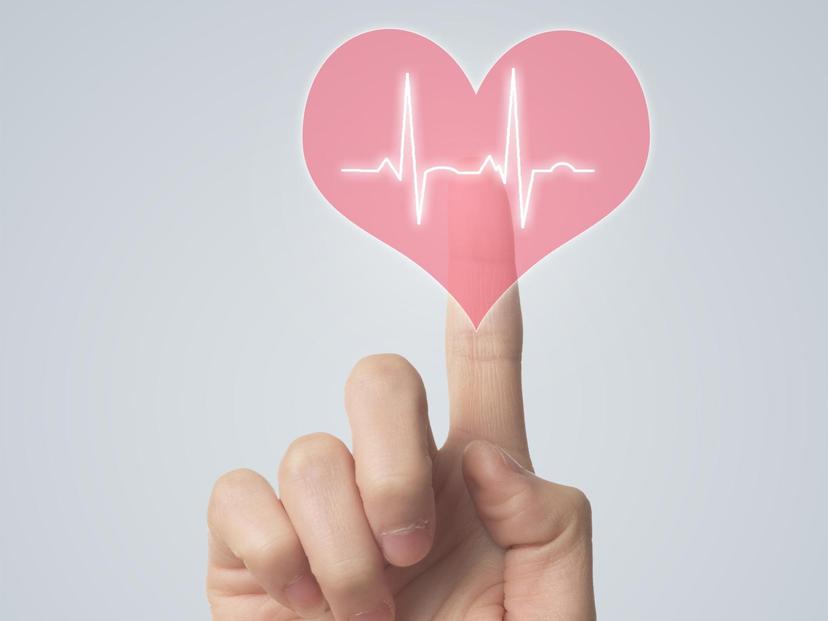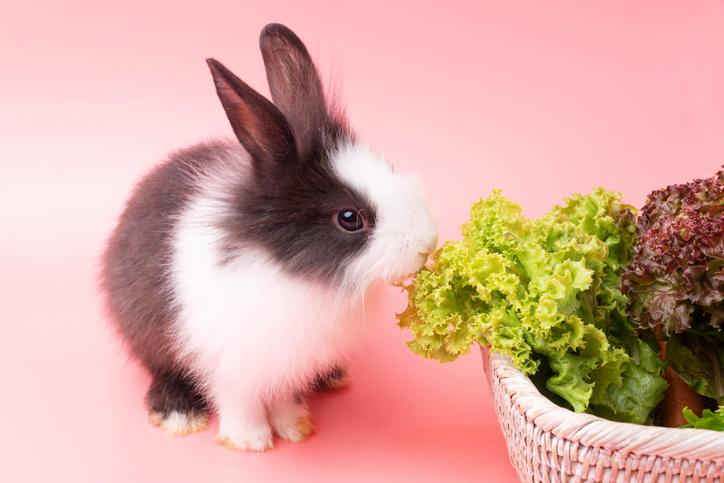18 ноября 2021
Should I Use Reusable Pads?


18 ноября 2021
Should I Use Reusable Pads?
## What does it look like?
A modern reusable cloth pad consists of three or more layers, each with its function. The upper layer is a material that goes well against the skin (linen, bamboo, or classic cotton). The middle layer is a layer of absorbent microfiber. The outer layer is a polyurethane-coated membrane fabric that allows air to enter but does not allow leaks.
This design avoids unpleasant irritation for the user, eliminates the reproduction of pathogenic microflora, and reduces unpleasant smells — all of which are problems with traditional disposable pads.
Instead of an adhesive layer, these pads have a small button that can be securely fastened to the underwear. And a special waterproof pouch, sold as part of the package, serves as a storage tool.
> The average woman throws away 11,000 disposable pads in a lifetime.
## How to use them
Reusable pads are recommended ===to be changed after 3–7 hours of wear, depending on the intensity of your secretions. Wash in a washing machine and then air dry them. The need to wash them is the main disadvantage of reusable pads, but washing machines make it a painless task. Additionally, reusable pads are inconvenient to use on long plane or car trips.
What about sterility? The sterility of reusable and disposable pads is about the same if we follow the rules of hygiene and wash the pad well.
## Why use reusable pads?
__Eco-friendliness:__ a discarded disposable pantyliner will naturally degrade for up to 500 years, while reusable pads can last up to 5 years of regular use, and only then are discarded due to obsolescence.
__Cost-effective:__ on average, 6 disposable pads (assuming regular washing) or 25 disposable pads are needed per cycle. While disposable pads are cheaper, reusable pads are worth the investment in the long run due to how long they last.
__Hygienic:__ natural materials are fragrance-free and do not cause allergies or irritation. Since there is a constant exchange of air, the secretions dry up and do not have a strong smell.













